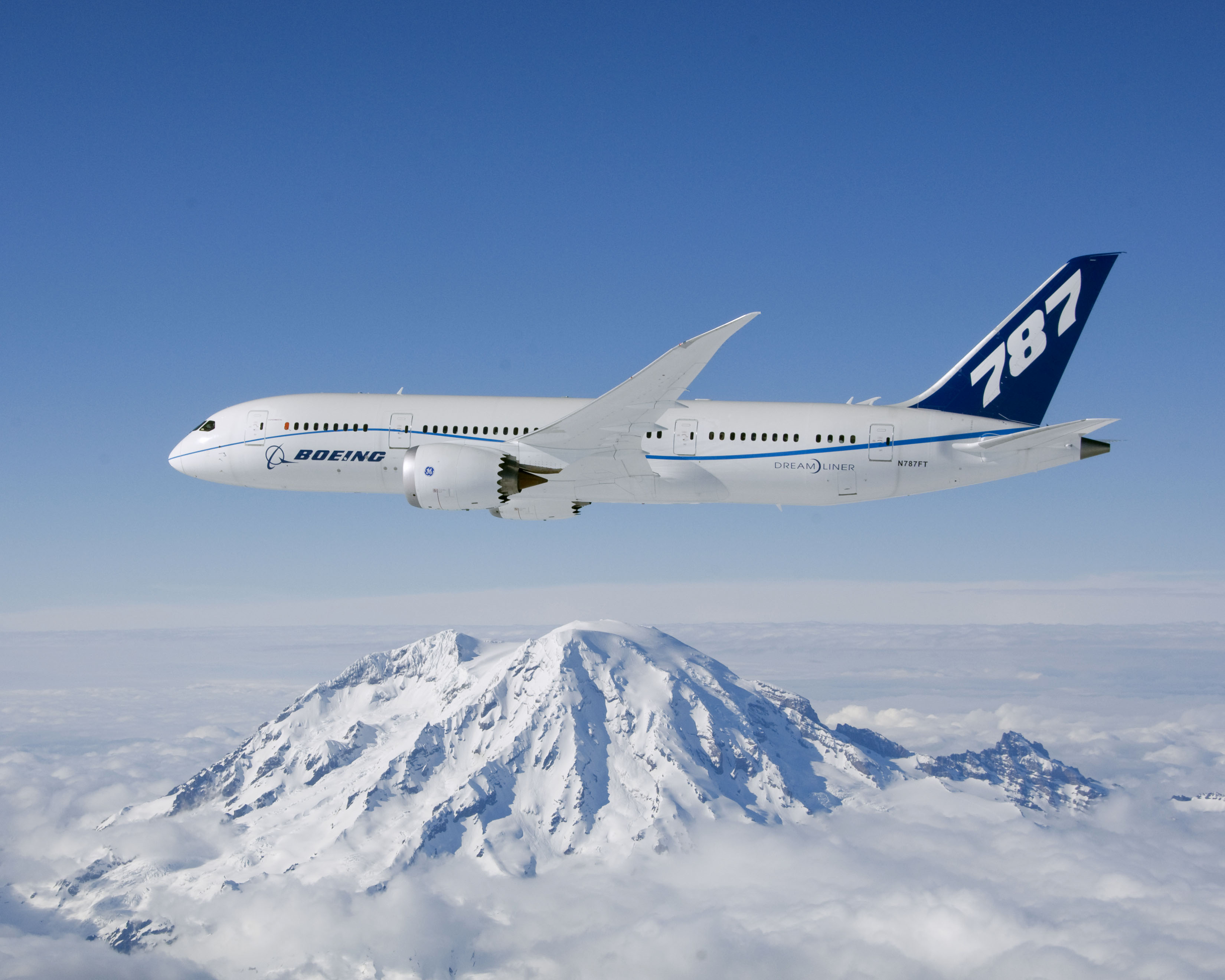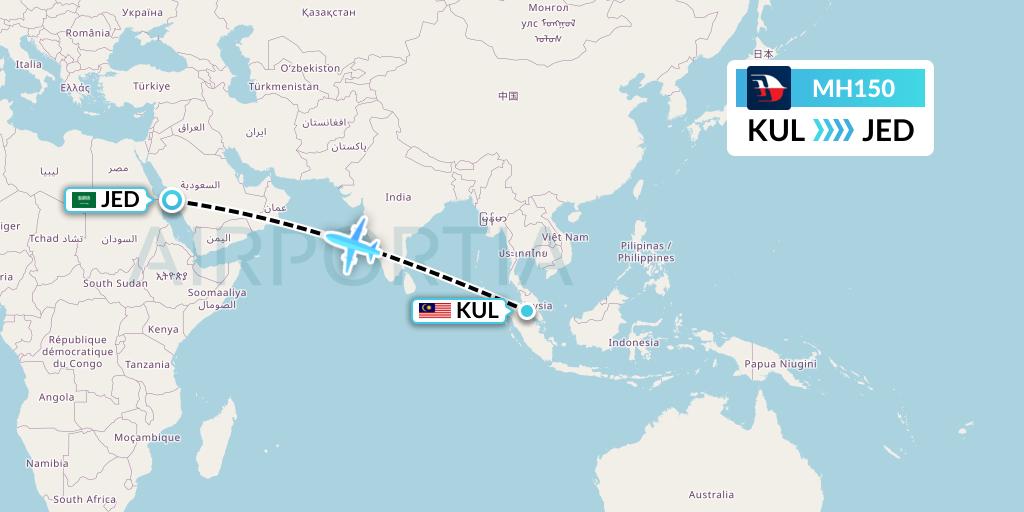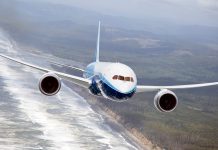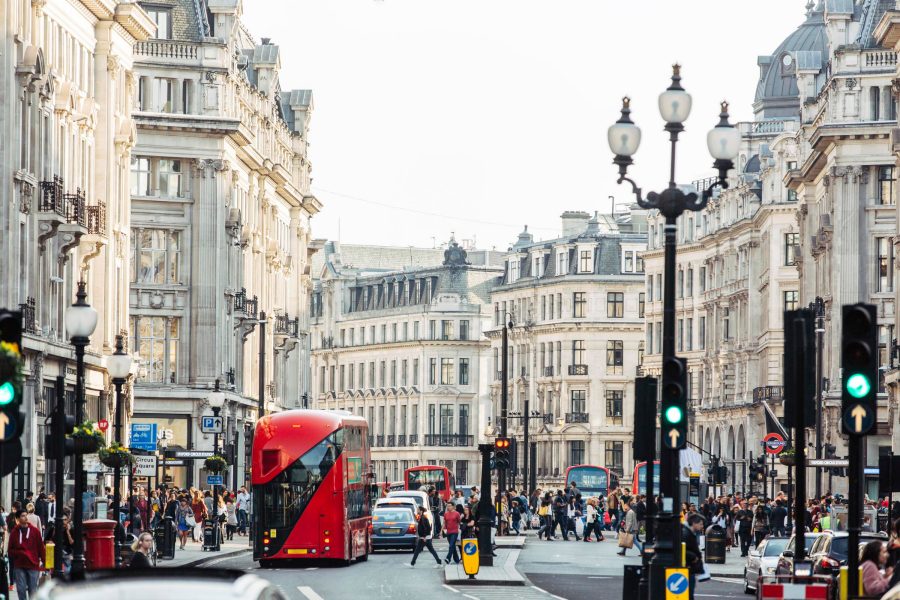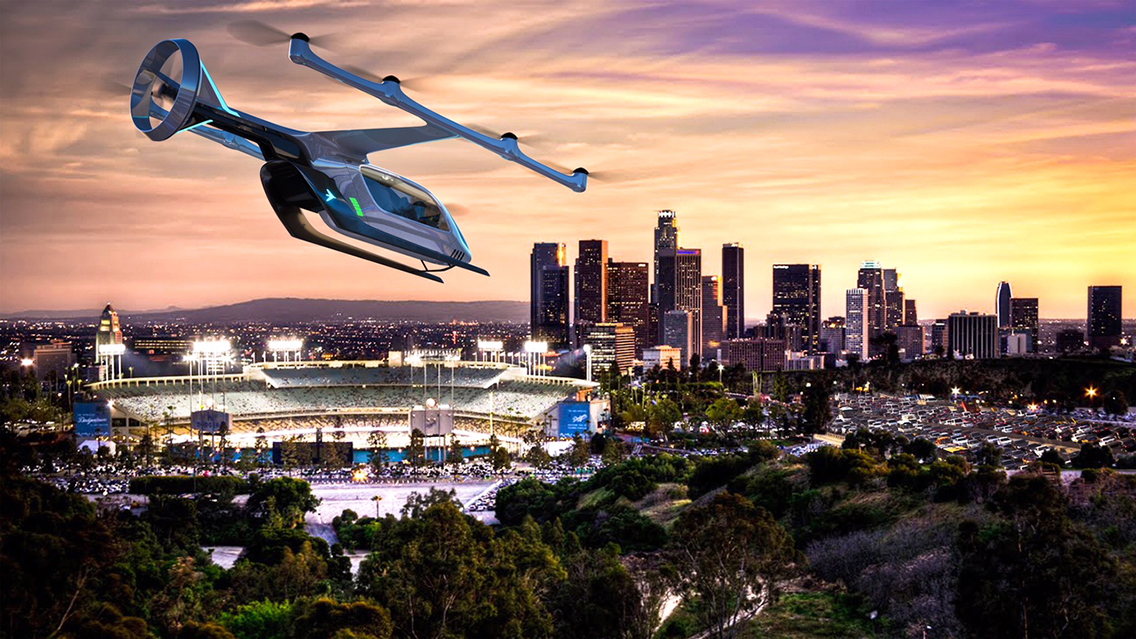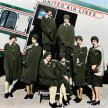A surprising seven out of 10 travelers would be willing to fly in an autonomous aircraft during their lifetime, a new survey says.
But before pilots start looking for a career change, the survey of more than 22,000 people across 11 markets found a much lower proportion — 58 percent —would be willing to board a self-flying plane in the next decade.
Aircraft manufacturers are investigating autonomous aircraft but say it will be many years before commercial airline pilots join the endangered list.
Likely to be quicker to market are companies such as Uber with piloted and then autonomous small aircraft operating as flying taxis.
READ: Uber to conduct air taxi trials in Melbourne.
What the ANSYS Global Autonomous Vehicle Study suggests is that people may not be as averse to the flying without a pilot as many assumed.
Even so, younger people are more willing to take the risk on the concept than older — and possibly wiser — heads.
More than 80 percent of 18-to 24 -year-olds said they were willing to fly autonomously compared to just 45 percent of those aged 65 or older.
And there were concerns across all age groups with technology failure (65 percent) and how an autopilot would respond to external conditions such as turbulence (57 percent).
Surprisingly, 71 percent of respondents had no fears about a safe take-off without a pilot and 76 percent were unconcerned about an autonomous landing.
Less than 10 percent were aware of the extent to which planes are currently flown on autopilot and, when told only the first and last 10 minutes of most recent flight was controlled by a pilot, 36 percent said they would feel safer on an autonomous plane.
On the danger of a fully computerized plane being hacked, 39 percent believed it would be harder than compromising bank accounts, smartphones, computers and self-driving cars.
Urban commuter options such as a flying taxis were supported by 63 percent of respondents.
“Autonomous aircraft are likely to enter service over the next decade, targeting both intra-city and inter-city travel, primarily used in air freight and air taxi business models,’’ said Frost & Sullivan senior research analyst Priyanka Chimakurthi,
“Further automation in large commercial jets will be gradual, first starting with single-pilot operations, followed by fully autonomous operations.
“Undoubtedly, automation will continue to transform air transport, as it has done over the past few decades. However, it will have to overcome numerous challenges, starting with passenger perception, practical constraints as well as battery and propulsion technologies.”
The online survey of 22,041 adults was conducted in the United Kingdom, United States, DACH, France, Italy, Spain, Benelux, Sweden, Japan, China and India between April 26 and May 7, 2019.


